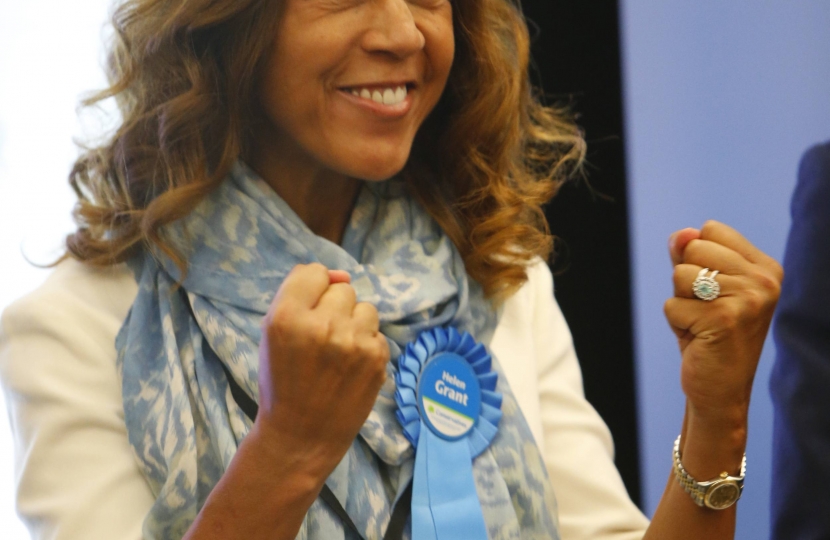
It was only one page, and 27 words, but those words undoubtedly represented some of the most important that have ever passed into UK law.
On 21st November 1918 the Government passed the Qualification of Women Act, which allowed women over the age of 21 to stand for election as an MP for the first time. The Act stated that 'a woman shall not be disqualified by sex or marriage for being elected to or sitting or voting as a Member of the Commons House of Parliament'. Seventeen women then stood in the General Election of December 1918.
For decades after the passing of that profound legislation, female MPs still only made up less than 5% of the total number in the House. It was only under Margaret Thatcher in 1987 – almost 70 years later - that the percentage of female MPs reached double figures. Indeed, studies have shown that women are half as likely as men to consider themselves potential candidates for elected office, and they need to be asked more than once before they will consider standing.
As the centenary of the Act passes this year over 30% of our Parliament is female, but still far short of a proportional reflection of society, where 51% of the population are women and girls. What is more – in 2018, only 8% of all MPs are from ethnic minority groups, despite the last general election delivering the most diverse House of Commons ever. In fact in 2010 I was the first ever female Conservative Anglo African MP to be elected. It is generally accepted that a democracy works best when it is representative of all the communities it serves, which is why this month's centenary should not only be a celebration of how far we have come, but also a chance to assess how far we still need to go – not only to increase the representation of women in general but also from a range of communities – especially the Afro-Caribbean community.
My Party is not just seeking improved gender balance, we also want women from all communities to stand for election and we are committed to supporting them every step of the way. We pride ourselves on being the party of opportunity: the party for everyone, regardless of their race or gender.
I'm proud that progress has been made, but we need to speed up. As Conservative Party Vice Chair for Communities I am committed to working with our Chairman, Brandon Lewis, to realise an aspiration that women make up 50 per cent of our candidates list. This is not about setting quotas, it's about setting a target to ensure we have the best mix of people in our Parliament and in our Party representing their communities across the country.
To achieve the radical and sustainable change needed, it's imperative we understand the barriers discouraging women from putting themselves forward as candidates. To this end, we are encouraging our Conservative councils to improve their maternity policies, developing our Young Women's network to increase the participation of young women, and have established a new mentoring programme, giving women at every level of politics the opportunity to experience what life is really like for councillors and MPs.
Women of every age and every background have a pivotal role to play in the future of the Conservative Party and of our country. If you know a woman with a passion for politics, please encourage and help her to nurture that interest, and make sure you #AskHertoStand, more than just once.
****************************************************************************************
This is a comment for The Voice newspaper written by Helen Grant MP within her role as Vice Chair (Communities) of the Conservative Party.

